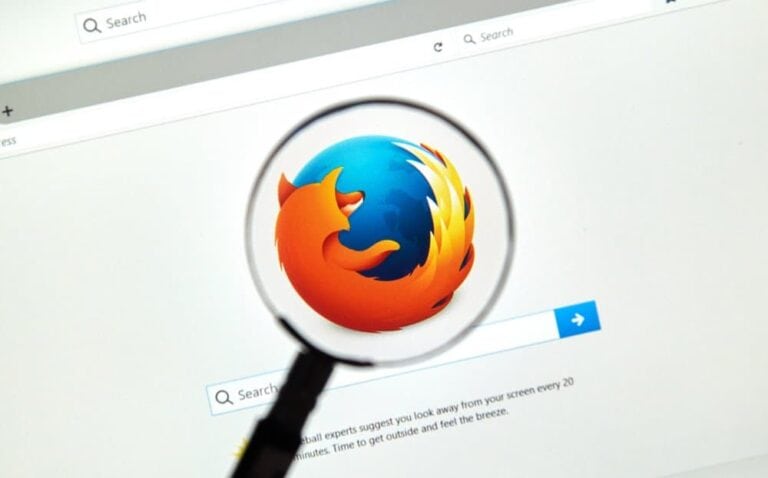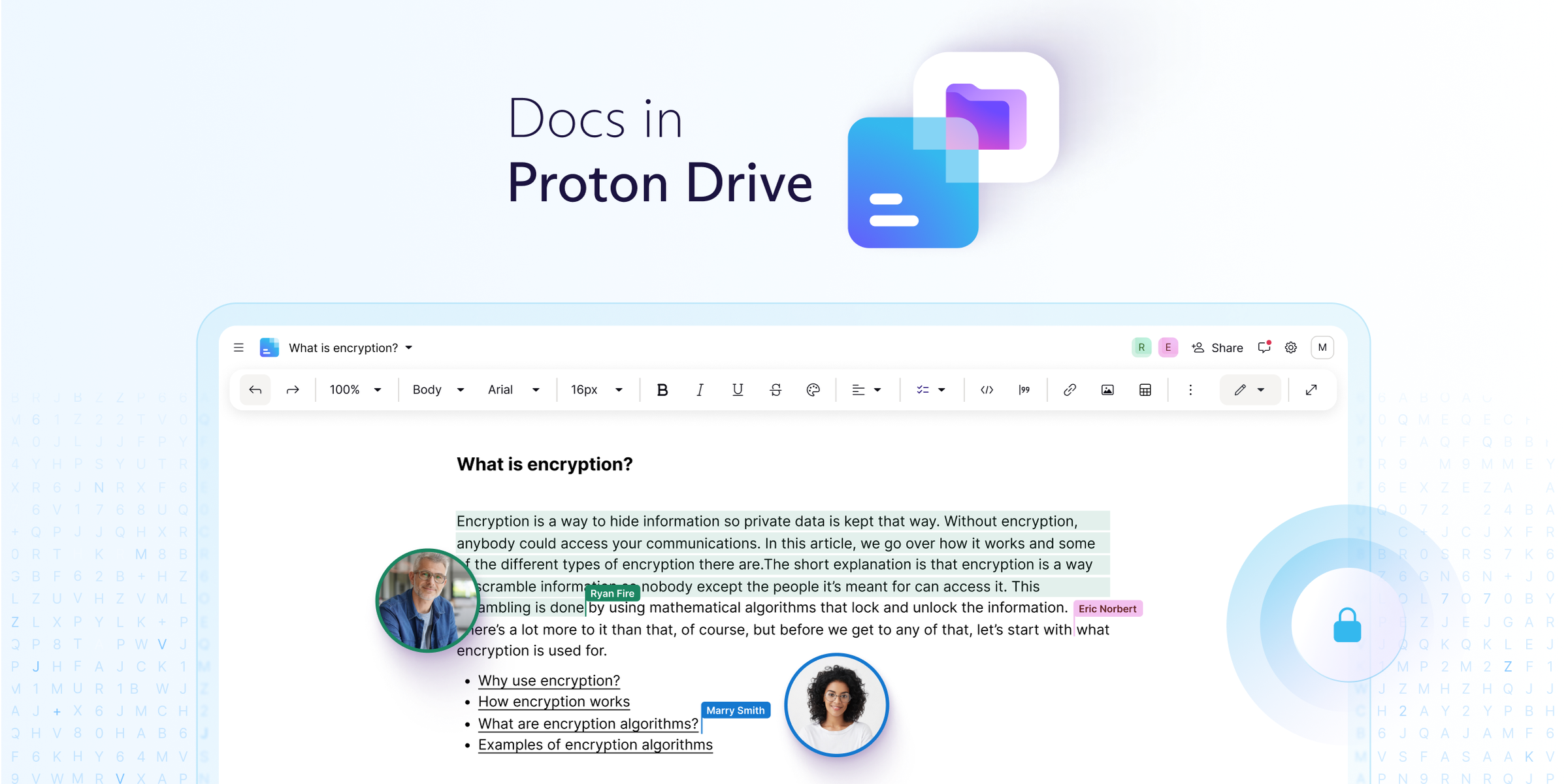[…] The one-and-done nature of Wiles’ experience is indicative of a core business problem with the once high-flying biotech company that is now teetering on the brink of collapse. Wiles and many of 23andMe’s 15 million other customers never returned. They paid once for a saliva kit, then moved on.
Shares of 23andMe are now worth pennies. The company’s valuation has plummeted 99% from its $6 billion peak shortly after the company went public in 2021.
As 23andMe struggles for survival, customers like Wiles have one pressing question: What is the company’s plan for all the data it has collected since it was founded in 2006?
[…]
Andy Kill, a spokesperson for 23andMe, would not comment on what the company might do with its trove of genetic data beyond general pronouncements about its commitment to privacy.
[…]
When signing up for the service, about 80% of 23andMe’s customers have opted in to having their genetic data analyzed for medical research.
[…]
The company has an agreement with pharmaceutical giant GlaxoSmithKline, or GSK, that allows the drugmaker to tap the tech company’s customer data to develop new treatments for disease.
Anya Prince, a law professor at the University of Iowa’s College of Law who focuses on genetic privacy, said those worried about their sensitive DNA information may not realize just how few federal protections exist.
For instance, the Health Insurance Portability and Accountability Act, also known as HIPAA, does not apply to 23andMe since it is a company outside of the health care realm.
[…]
According to the company, all of its genetic data is anonymized, meaning there is no way for GSK, or any other third party, to connect the sample to a real person. That, however, could make it nearly impossible for a customer to renege on their decision to allow researchers to access their DNA data.
“I couldn’t go to GSK and say, ‘Hey, my sample was given to you — I want that taken out — if it was anonymized, right? Because they’re not going to re-identify it just to pull it out of the database,” Prince said.
[…]
the patchwork of state laws governing DNA data makes the generic data of millions potentially vulnerable to being sold off, or even mined by law enforcement.
“Having to rely on a private company’s terms of service or bottom line to protect that kind of information is troubling — particularly given the level of interest we’ve seen from government actors in accessing such information during criminal investigations,” Eidelman said.
She points to how investigators used a genealogy website to identify the man known as the Golden State Killer, and how police homed in on an Idaho murder suspect by turning to similar databases of genetic profiles.
“This has happened without people’s knowledge, much less their express consent,” Eidelman said.
[…]
Last year, the company was hit with a major data breach that it said affected 6.9 million customer accounts, including about 14,000 who had their passwords stolen.
[…]
Some analysts predict that 23andMe could go out of business by next year, barring a bankruptcy proceeding that could potentially restructure the company.
[…]
Source: What happens to all of 23andMe’s genetic DNA data? : NPR
For more fun reading about about this clusterfuck of a company and why giving away DNA data is a spectacularly bad idea:
23andMe Thinks ‘Mining’ Your DNA Data Is Its Last Hope
Bad genes: 23andMe leak highlights a possible future of genetic discrimination
Drugmakers Are Set To Pay 23andMe Millions To Access Your DNA – which is also your families DNA
23andMe DNA site scraping incident leaked data on 1.3 million users
Cops are asking Ancestry.com and 23andMe for their customers’ DNA
Twins get some ‘mystifying’ results when they put 5 DNA ancestry kits to the test
The Golden State Killer Suspect’s DNA Was in a Publicly Available Database, and Yours Might Be Too
What DNA Testing Companies’ Terrifying Privacy Policies Actually Mean
Dog DNA testing company identifies human as dog
Private equity wants to own your DNA – Blackstone buys Ancestry at $250,- per person








